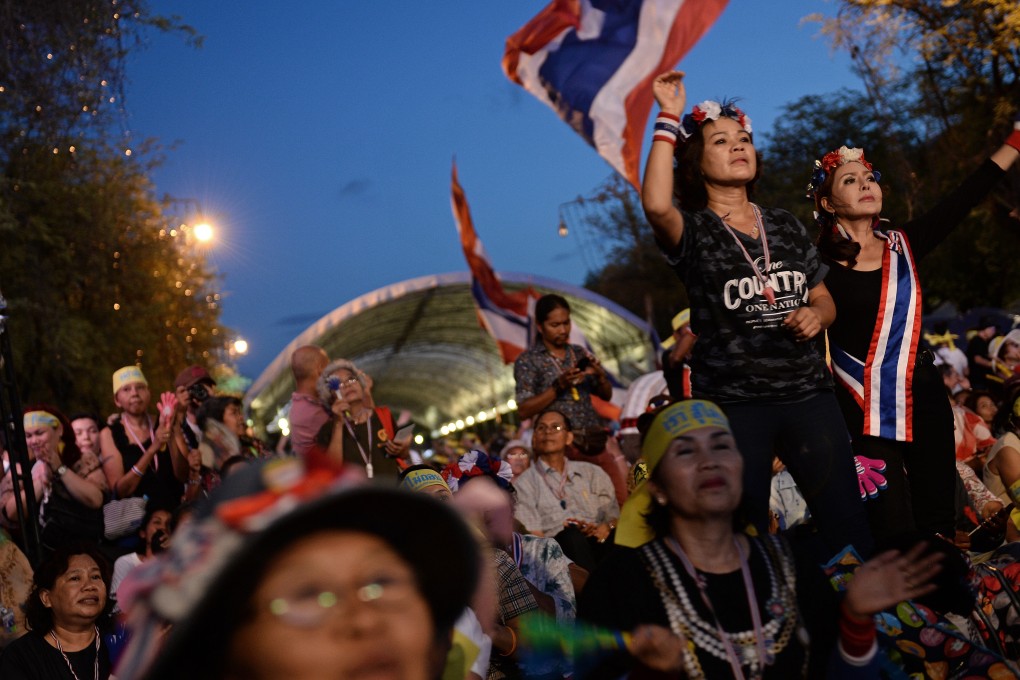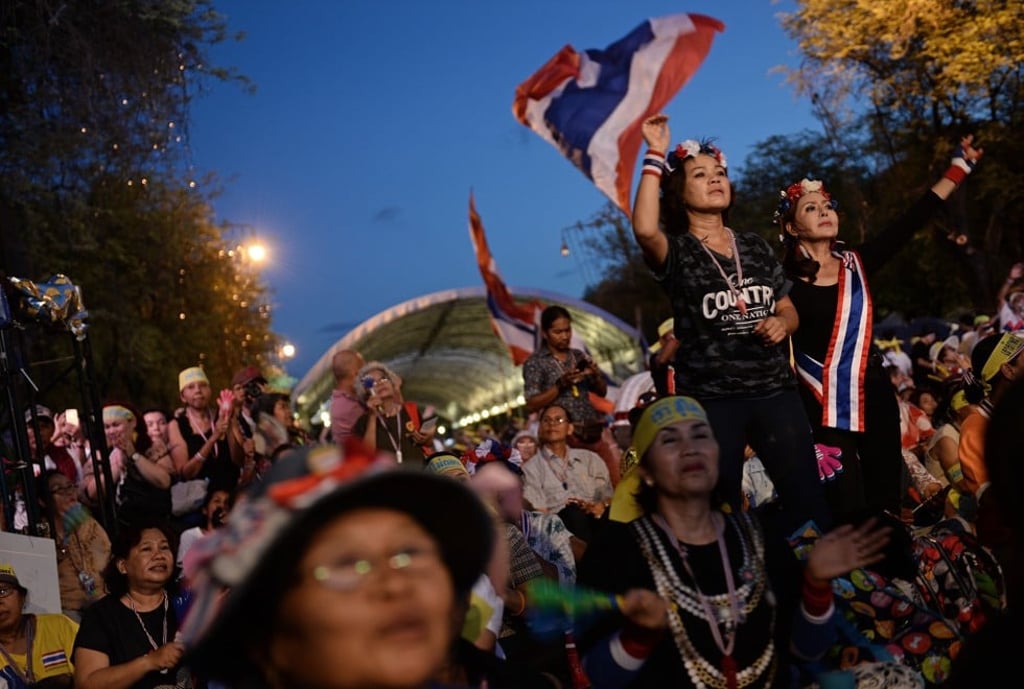Portraits of protest: 10 Thais gagged by lèse-majesté law, used by junta against critics of its rule
Since the military seized power in Thailand in 2014, scores of people have fallen foul of a draconian law intended to protect the good name of its royal family. Post Magazine speaks to 10 of those silenced under the legislation

Protesters took to the streets of Bangkok, but were easily dispersed by soldiers.
The National Council for Peace and Order (NCPO), the official name of the military junta, led by General Prayuth Chan-ocha, declared martial law and a curfew nationwide, banned political gatherings and detained politicians and anti-coup activists. Prayuth claimed the military was trying to restore peace and happiness, and promised to hold elections in 2015. Exasperated by the dishonesty of the former regime, many Thais cautiously welcomed the new order, but three years on, corruption remains and the promised elections have yet to materialise.
During three years of military rule, some dissidents have spoken out, breaking the silence despite strict censorship. To tighten its control, the junta has turned increasingly to the lèse-majesté law, Article 112 of Thailand’s criminal code, which states that “whoever defames, insults or threatens the king, the queen, the heir-apparent or the regent shall be punished with imprisonment of three to 15 years”. There is no precise definition of what might constitute such an act, so the authorities have plenty of room for interpretation.
